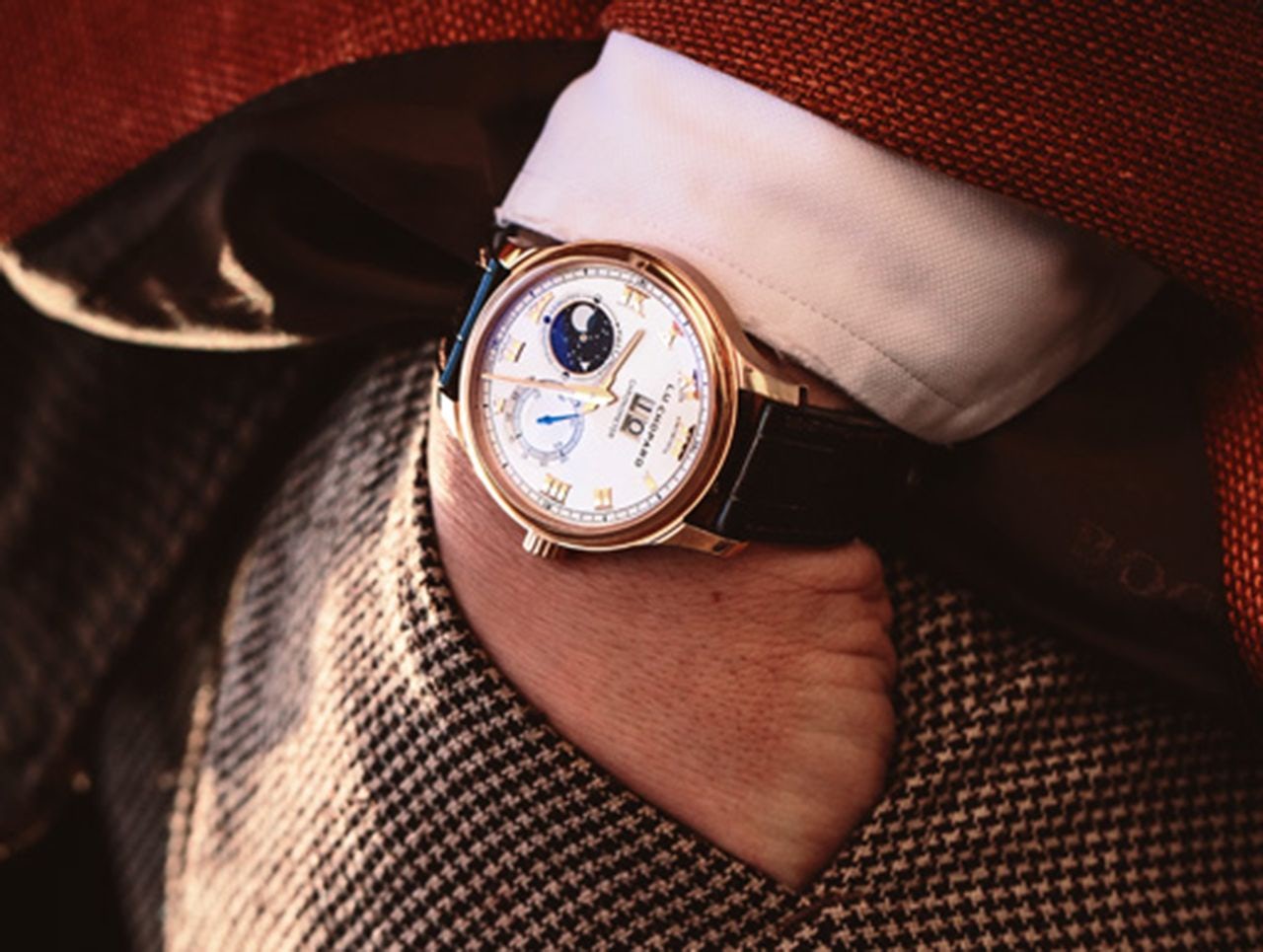Luxury fashion brands have been called out for being too conservative with regards to digital innovation, but they're positively tech forward compared to high-end watch brands.
In an interview at this year's Baselworld, the leading watch trade fair, Jean-Claude Biver, head of LVMH’s watch business, revealed why watch brands are finally leaving their comfort zone. “We didn’t realize the speed at which millennials would take to buying cars or watches online,” he said.
He noted that after launching online stores in the United States, Britain, and (with partners JD.com) China under their belt, LVMH’s Tag Heuer is now in the process of building its own e-commerce site, which should be launched within the next 18 months.
High-end watch brands’ interest in e-commerce is significantly impacted by Chinese consumers, who describe online shopping as their favorite hobby, and led the recent industry recovery. In 2017, Swiss watch brands saw their strongest growth in more than five years, with exports to China rising 44 percent year on year.
But how exactly do they use online channels? Jason Yap, the founder of Di Wuxi, a high-end e-commerce platform aimed at men in China, argued that online shopping may not be as popular as it seems, and brands should be mindful of overcommitting to digital platforms.
“A disproportionately bigger chunk of luxury watches are still bought at physical stores. There is just a growing trend of young men willing to buy them online, like everything else,” said Yap.
According to a report from Digital Luxury Group, Chinese visitors to luxury watch brands' global websites overtook those from the United States last year. This rise in web traffic suggests Chinese consumers are exploring brand sites to research a potential purchase, but whether and how they choose to purchase is another story.
“More often than not, consumers can get more information about a luxury watch online rather than from a salesperson at a store,” Yap said.
In an attempt to meet the potential demand of future spenders, however, brands are partnering with third party e-commerce platforms, often against the will of their wholesale partners, who account for a significant portion of the brands' revenue.
E-commerce sites have accumulated the traffic brands covet, but in choosing an e-commerce partner, Yap says luxury watch brands are concerned that they will be affected by the way their watches are displayed alongside less premium products.
Some brands have been creative about finding ways to establish their exclusivity online. Richemont's high-end watch brands have integrated sales with online platforms. For example, consumers can not only make orders on the International Watch Company's (IWC’s) official WeChat account, can also view exclusive models there.
Swiss watchmaker Roger Dubuis (of Richemont Group) employed a similar strategy. Last year, it partnered with Italian tire manufacturer Pirelli on a WeChat campaign called “Race Against Time”. The campaign gave consumers a limited window in which to buy certain models. For each watch, there was a detailed description, and the reader had the choice to call for more information or enter their personal information to book an appointment in-store and make a purchase.
Creating independent digital offerings in China is less simple than jumping on an established e-commerce platform, but it does allow greater control in how a brand is seen. There are ways for luxury watch brands to maintain an exclusive image online while making information accessible and purchasing straightforward, for those savvy enough to know where to look. That might mean better communicating Chinese store locations on brands' global websites, or offering exclusive items on WeChat. Of course, China's e-commerce giants are also working on their own solutions to the problem with luxury only sites such as Toplife and Luxury Pavilion.


